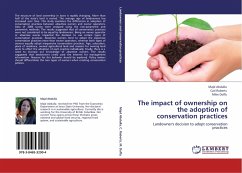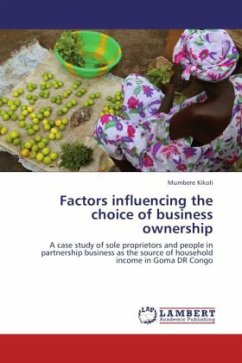The structure of land ownership in Iowa is rapidly changing. More than half of the state s land is rented. The average age of landowners has increased over time. This study examines the differences in adoption of conservation practices between absentee owners and owner operators. Data of 2006 survey were analyzed using the non-parametric and parametric methods. The results suggested that all conservation practices were not considered to be equal by landowners. Being an owner operator or absentee owner impacted the decision to use certain types of conservation practices. Absentee owners tend to adopt the expensive conservation practices more than owner operators, whereas both types of owners equally adopt inexpensive conservation practices. Age, education, place of residence, owned agricultural land and reasons for owning land seem to affect the adoption of each practice individually. Finally, there is a need to increase our knowledge of absentee owners. The results suggested thatlandowners rarely used the internet for management information. Reasons for this behavior should be explored. Policy makers should differentiate the two types of owners when creating conservation policies.
Bitte wählen Sie Ihr Anliegen aus.
Rechnungen
Retourenschein anfordern
Bestellstatus
Storno

